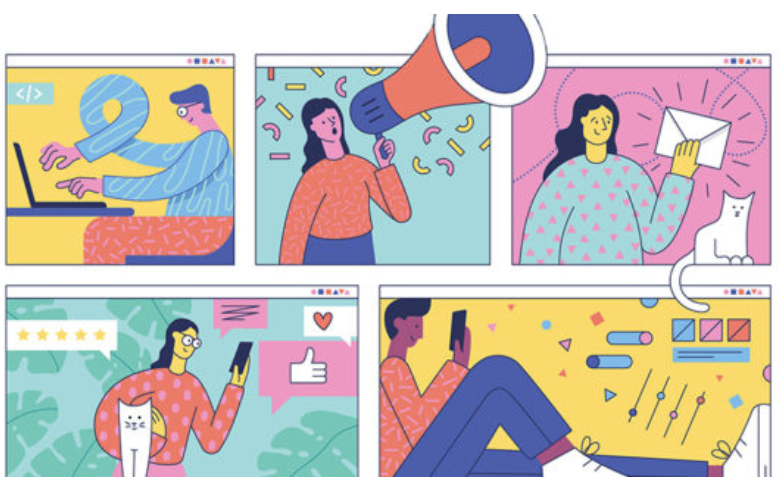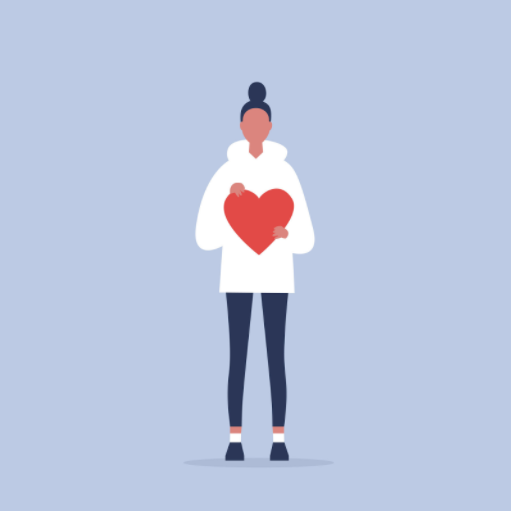
Photo: Getty Images
When the pandemic hit in March of 2020, technology became an influential part of our lives. Some did not know whether to turn away from it or immerse themselves in it to distract from the current climate.
No one knew how to occupy their newfound time during that first month when the world was at a standstill. Many did activities away from their screens like baking banana bread or going on runs, but overwhelmingly many began engaging with others in the world around them.
Beforehand, our lives were very individual.
All you had to look out for was yourself and your family. Then, when everything changed, we started to pay attention to other people’s lives and the sacrifices they were making during that time.
For first responders, the whole world had flipped upside down. With scarce medical supplies and a never-ending stream of patients, morale was almost impossible to maintain.
It had gotten to a point where medical staff had to protect themselves with garbage bags and month old masks only meant for single use.
Communities took notice of this and decided to help in any way they could. When first responders would walk home from the hospitals and testing sites, citizens would come out of their houses and cheer them on from their windows, thanking them for their service.
When hospital workers did not have enough masks for everyone, communities all around the country got to work making masks out of whatever material they could find and sent them to the hospitals that needed them most.

Communities provided aid for not only families directly impacted by COVID-19, but also to those close-by. During that uncertain time, neighborhoods became like family.
Neighbors donated supplies like toilet paper and bottled water to those who needed them most. Children on the block came together to do their online schoolwork.
In my hometown, my theatre troupe wanted to help those in need by starting a food drive. We drove to each family’s house and collected much-needed materials like canned food and toiletries. We went to over 25 homes, in all, to collect food and transported it all to the local food bank.
People who may have never spoken to each other provided comfort for one another when the future was unclear.
Almost eight months later, and our future is still unclear.
On November 9th, Pzifer’s early data shows that a COVID-19 vaccine is more than 90 percent effective in preventing the disease. While this means that the fiasco that we have been living in may be coming to a close, our empathy for one another should live on.
As we return to our schools and jobs, we shouldn’t forget the selflessness we felt for our neighbors and communities. We shouldn’t forget the relationships we built with strangers and the kindness we showed those in need.
While life starts to go back to “normal,” our compassion and appreciation for others should be considered normal, as well.
